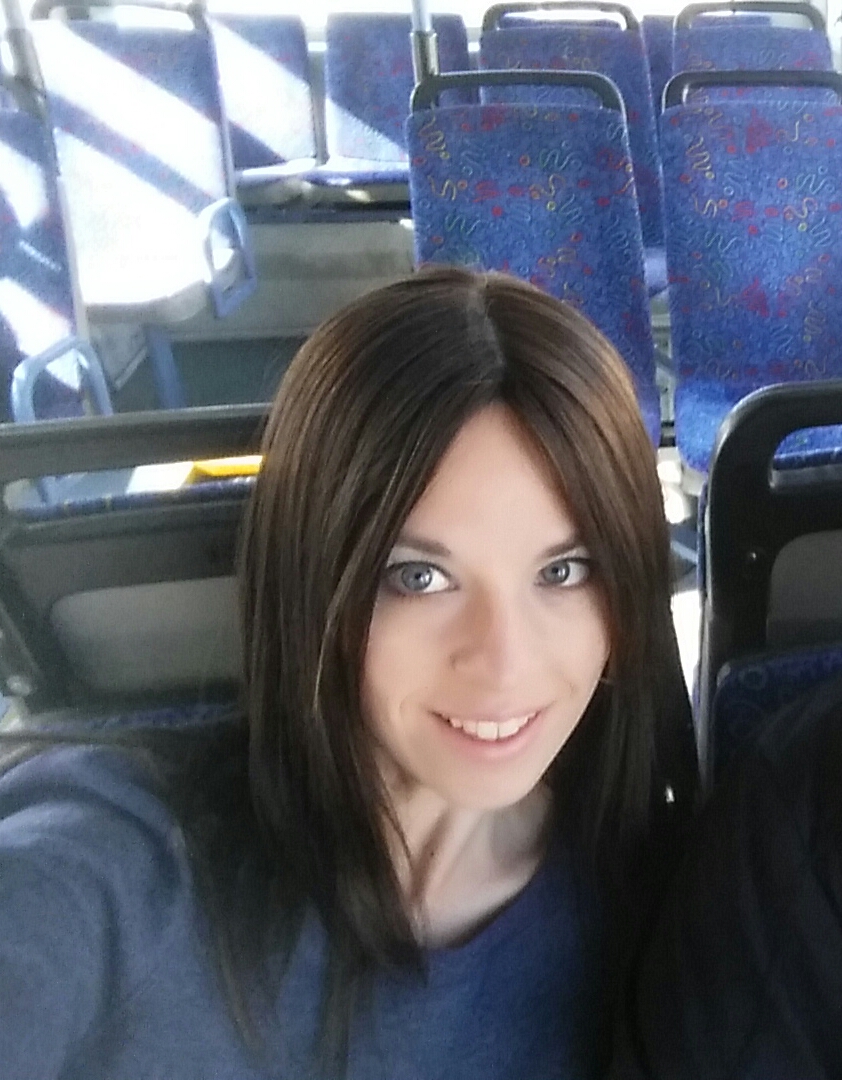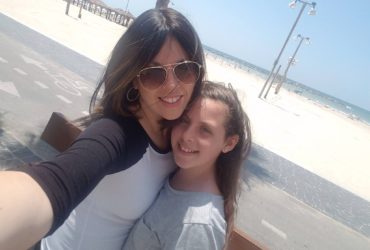The notion of living without a car may not seem like a foreign idea to you, if you’ve lived in a city all your life. Or it may seem like the farthest concept if you grew up like me, in a suburban town. For my entire life, living in New Jersey communities, I traveled by car. Remember those station wagons that you rode to school in? I used to sit backwards in the trunk and climb out through the window, dragging my school bag behind me. Then we had all different styles of minivans — with new features each time the latest model came out. Once married and our kids were school-aged, we leased our first minivan with two sliding doors. I was thrilled — it would definitely make driving carpool less stressful.
Fast forward to present day. We don’t live in suburbia anymore. We live in Jerusalem, Israel. City life. Traffic. Honking. Lots of honking. Taxis. Buses. Cars. Motorized bicycles. Delivery motorcycles. Crosswalks. Hoping to cross the street and not get run over. Not every driver stops at the crosswalk. City life for some is sensory overload; for me, it is excitement.
For now, we don’t have a need for a car. We will, I’m sure, eventually. But for now, I have become a city girl. I’m not sure how it happened — never having lived in a city before. It is the most exhilarating feeling I’ve ever felt. Riding buses throughout Jerusalem to take me to all the destinations I need to go: Machane Yehuda market, The Kotel, The City Center, Malcha Mall, Shaarei Tzedek Hospital for my volunteer work, and the train or bus station. There are so many sights to see outside the bus window — local people strolling down the street drinking refreshing ice coffee, people sitting outside biting into laffas filled with schwarma and hummus, tourists snapping pictures and laughing, cats searching through the garbage bins for some tasty leftovers, 50% sales listed in store windows, and other people running to catch the bus, hoping it doesn’t drive away before they make it to the door, breathless.
What’s even more amazing is when instead of looking outside the window, you look at the person in the seat next to you. There are so many stories to be told on buses. Look at each person’s face. Imagine what they are thinking, where they are going, or where they are coming from. If you are brave enough, and not shy, strike up a conversation. You might be blown away from what you learn.
This past week, I was leaving Machane Yehuda with lots of fresh groceries — the ripest strawberries, the uncommon-for-this-season mangoes, fresh chicken, yellow bananas, and fresh-hot-out-of-the-oven rugelach from Marzipan Bakery. Carrying all my heavy bags, 15 in total, I made my way onto the extremely crowded bus as gracefully as possible. In reality, I hauled them up and collapsed onto the closest available seat, not gracefully at all. After settling down, with the bags on my lap, my legs felt really hot. The heat was emanating from the box of piping hot baked goods. And then, I turned around and noticed a chayal, Israeli soldier, sitting in the seat behind me. In my still-learning-Hebrew-but-still-sound-like-an-American broken Hebrew and terrible accent, I turned around and asked him if he’d like some very fresh rugelach. He answered me in English! I guess it’s that obvious that I don’t speak like an Israeli, yet! Very politely, he said no, thank you. And then he told me, after I asked, that he is a chayal boded, a lone soldier. He lives on a kibbutz but came to Jerusalem to surprise his parents that had just flown in for his tekes, army ceremony. He was disappointed because it was being postponed due to the rainy weather. But in his eyes I also saw his excitement to see his parents, after all this time. To show them what he’s accomplished, who he has become. It can’t be easy to leave your family and move to a new country. Kol HaKavod to all the lone soldiers that come to Israel to fight for and protect our Jewish Homeland.
I would not have experienced this story had I been driving in my car through the streets of Jerusalem. I would not have met this young, brave soldier, maybe the only one in all of Israel who doesn’t like Marzipan rugelach. I would not have seen him jump up to offer his seat to the elderly man, who then refused to take a seat from the chayal.

These stories only happen here, in Israel. They only happen if you open your eyes to experience them. The next time you ride a bus, don’t be shy- strike up a conversation with the person sitting next to you. You might be shocked by the story you’re told.
So I, a suburban-turned-city-girl will continue to ride buses and take in as many stories as I can. Maybe one day I’ll hear yours.








Tova – hi, mazel tov on your aliya! My wife and I came across your article on the Times of Israel concerning food allergies in Israel. Our eldest daughter is getting married in Israel on March 21, and we have a daughter (age 11) who has an anaphylactic allergy to nuts, sesame, and fish. We will be in Israel from March 20-27. We plan to bring along pasta and cereals from the States, but would like some guidance in terms of what brands to buy in the supermarkets that won’t cause an issue – e.g., breads, pastries, etc. Feel free to respond privately to my email address. Thank you.
Hi Josh! Thanks for your comment 🙂 Can you comment with your email and I’ll write to you there. Thanks! Any relation to Rena?